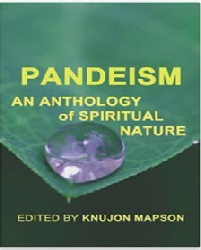The Moral Arguments for Deity
“One is often told that it is a very wrong thing to attack religion, because religion makes men virtuous. So I am told; I have not noticed it.”
~ Bertrand Russell, “Why I Am Not a Christian”
The Moral Argument for Deity is less Catholic than catholic (universal): “Worldwide, Many See Belief in God as Essential to Morality.”1 The facts do not support this claim: With few exceptions, more secular nations are less crime-ridden than more religious nations and more secular states in the United States are less crime-ridden than more religious states. A cursory glance at human history will reveal that many of the most heinous events were sparked by believers of some deity or justified by quoting a supposedly sacred text: holy wars, inquisitions, slavery, subjugation of women, religiously inspired acts of terrorism, burning of witches, honor killings, and more.
Asking a believer to describe their deity is an insightful Rorschach test into the nature of that believer’s own soul. You will find as Ralph Waldo Emerson noted: “The god of the cannibals will be a cannibal, of the crusaders a crusader, and of the merchants a merchant.” The God of believers who want to kill their enemies would kill its enemies or command the killing of its enemies. The God of believers who want to burn witches would burn witches. The God of Pandeists would be accepting of both good and evil in an amoral universe. The God of Celeste Foley would be always loving, good, and fair. Morality has less to do with an actual deity than with the qualities the believer projects onto that deity.
That said, I do long for the days when I believed in the loving, good, and fair God of my projections. When I believed that love, goodness, and fairness actually resonated with a Supreme-Eternal-External-Referent; then, the case I could make for centering in and acting on them was much more compelling: “Living in and out God’s love, goodness, and fairness will mystically converge you with God in eternity” sounds so much more persuasive than "Gee, it's a nice thing to do and benefits the whole which, in turn, benefits you" ~ an argument which would barely nudge the previously morally unmotivated. I stand with Albert Einstein: “If people are good only because they fear punishment, and hope for reward, then we are a sorry lot indeed.” Indeed.


